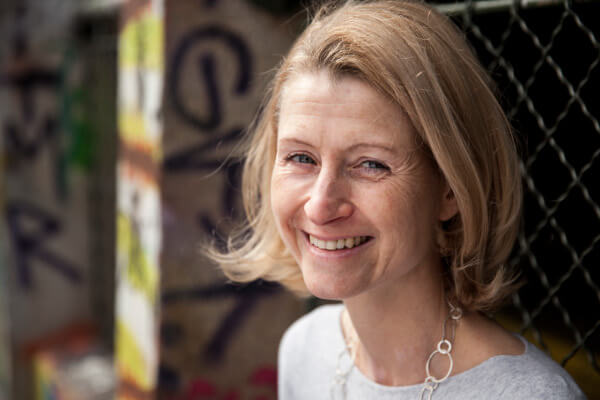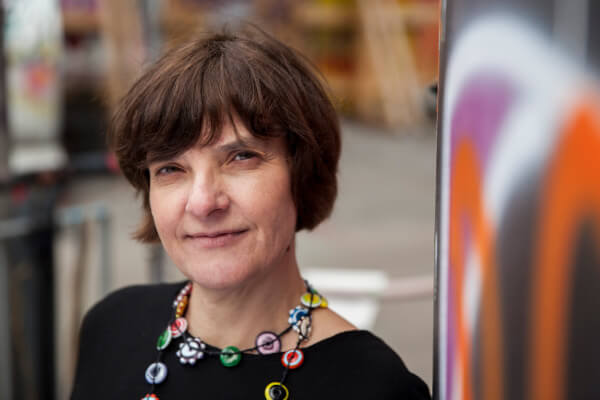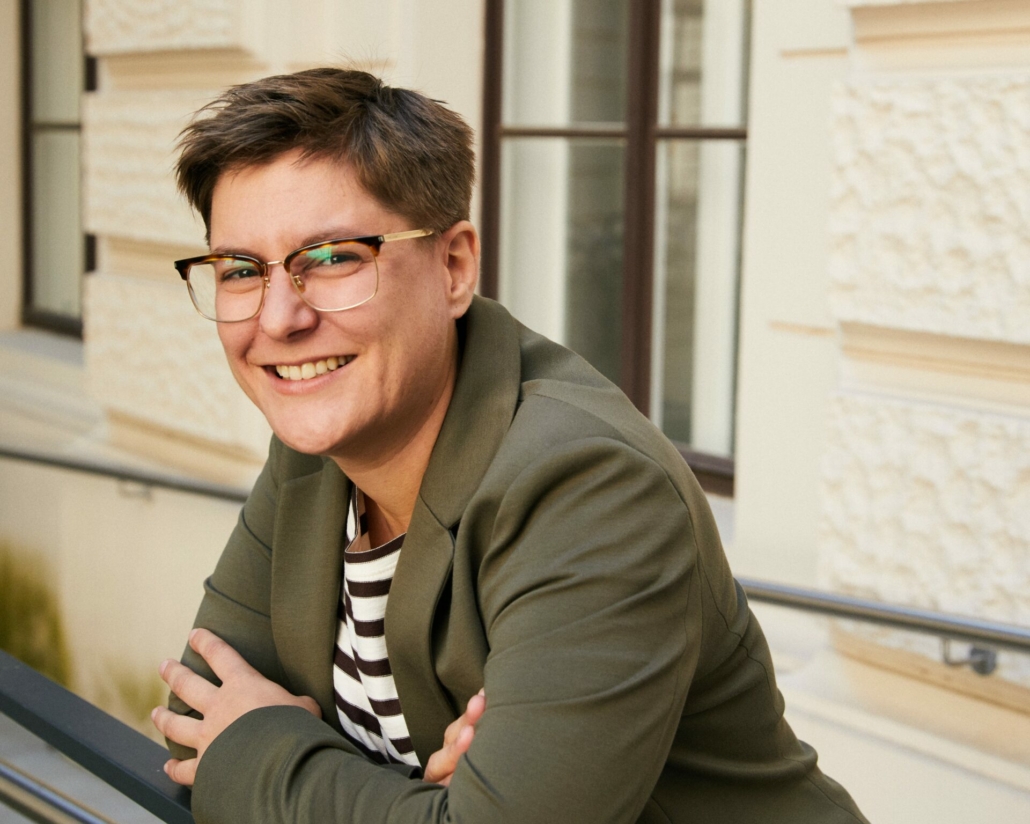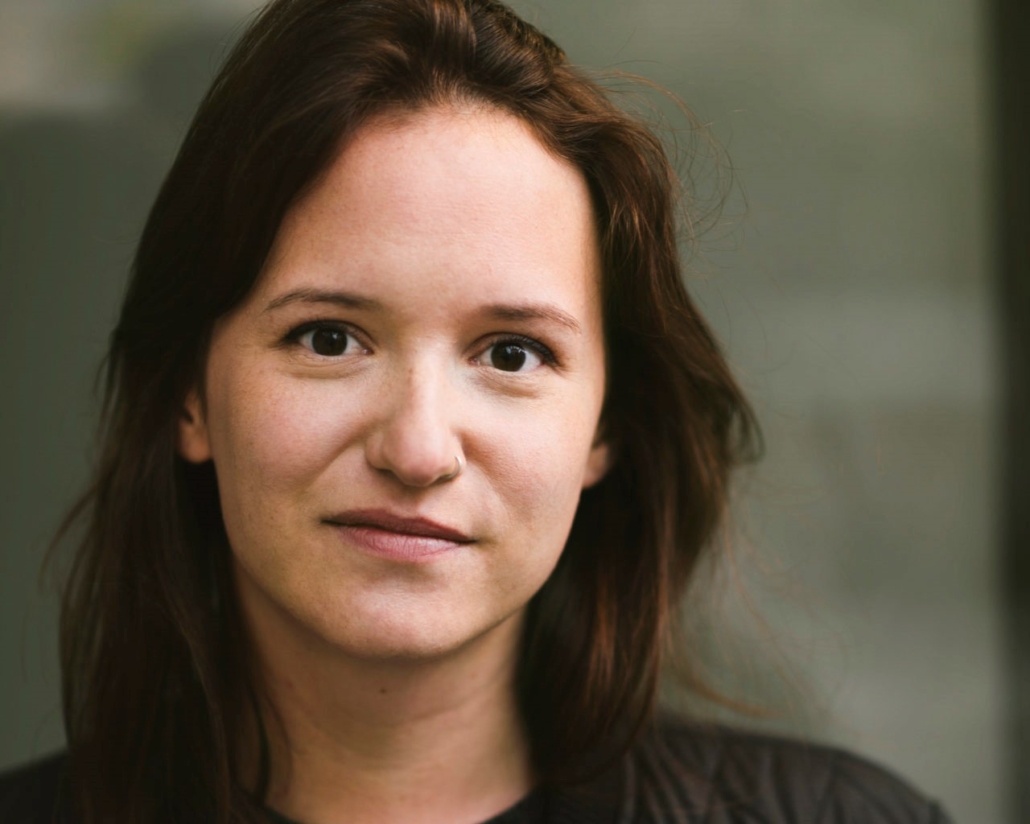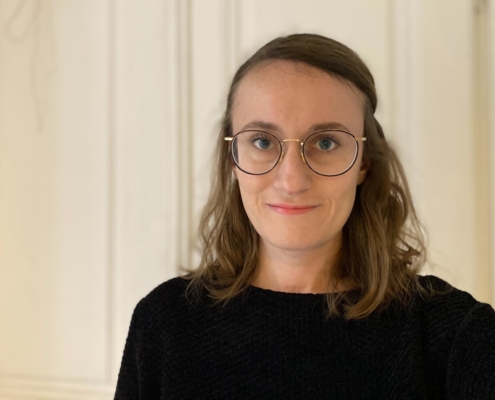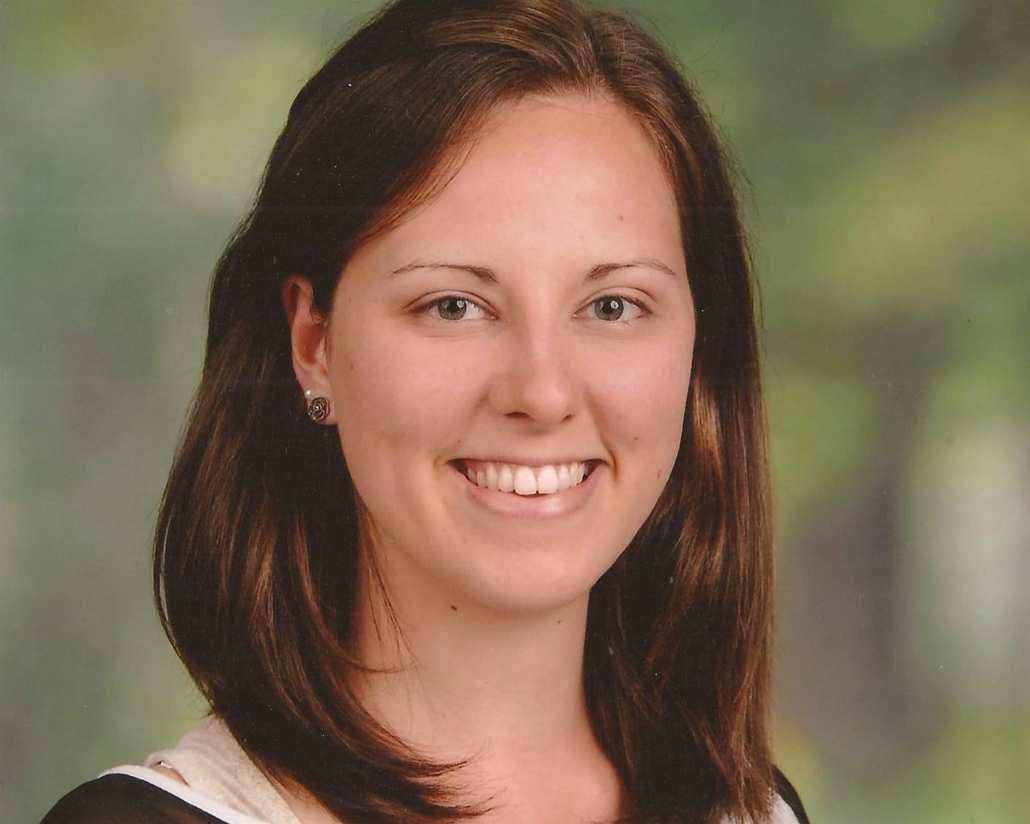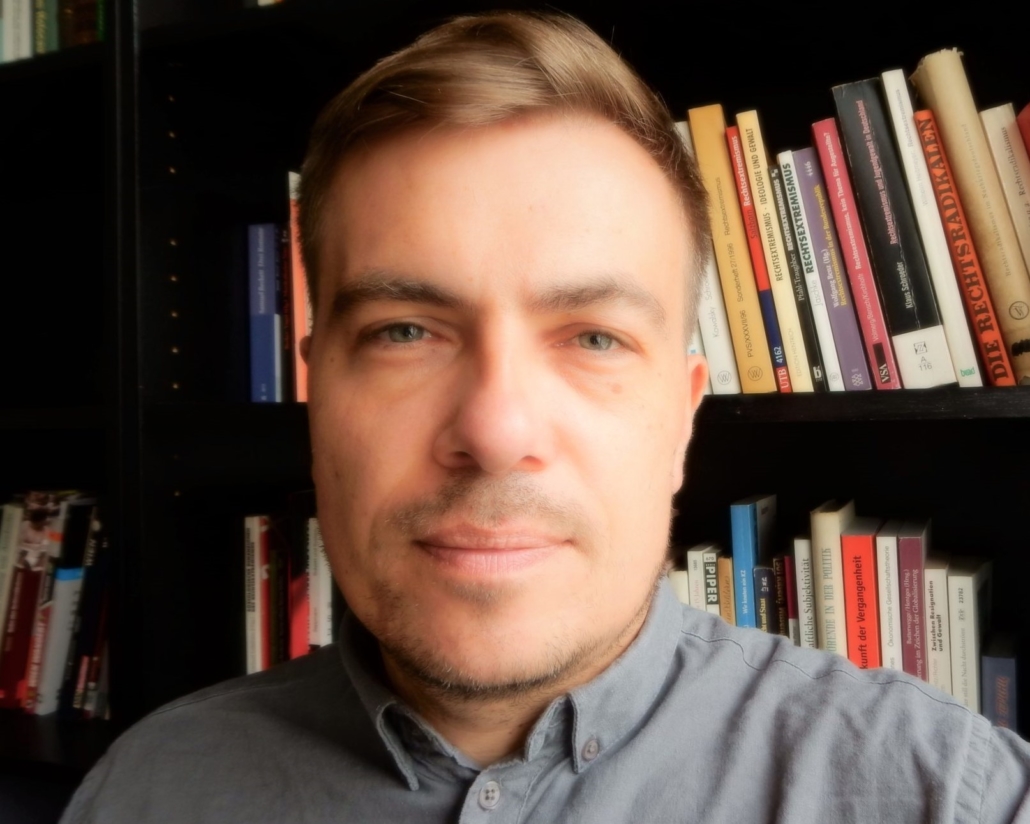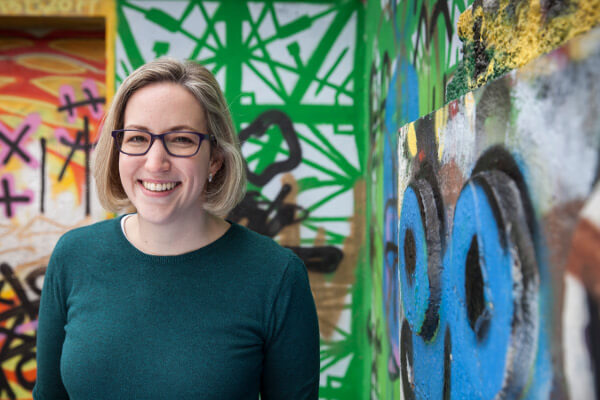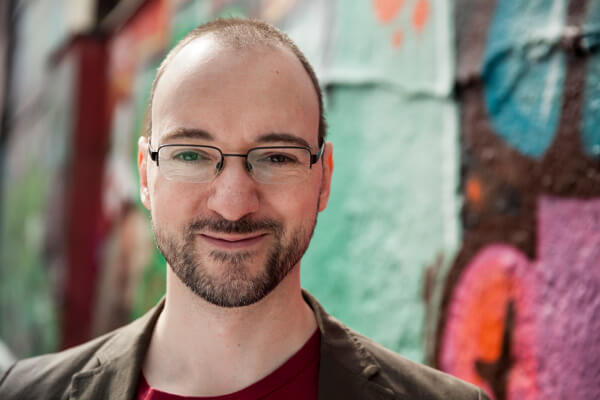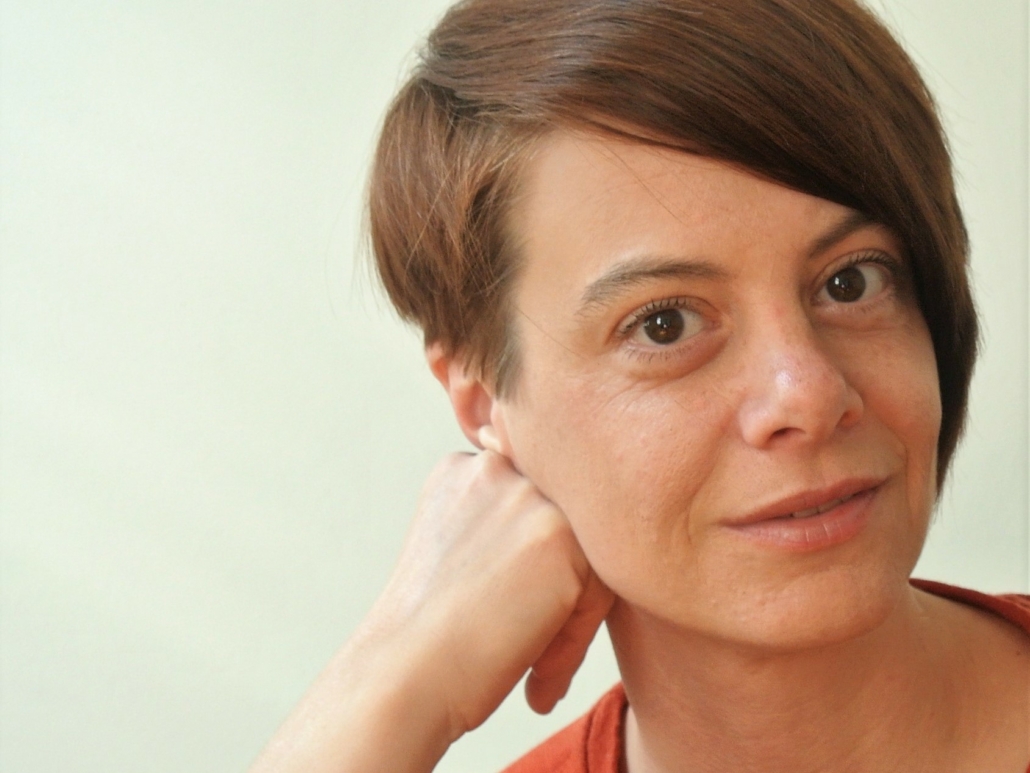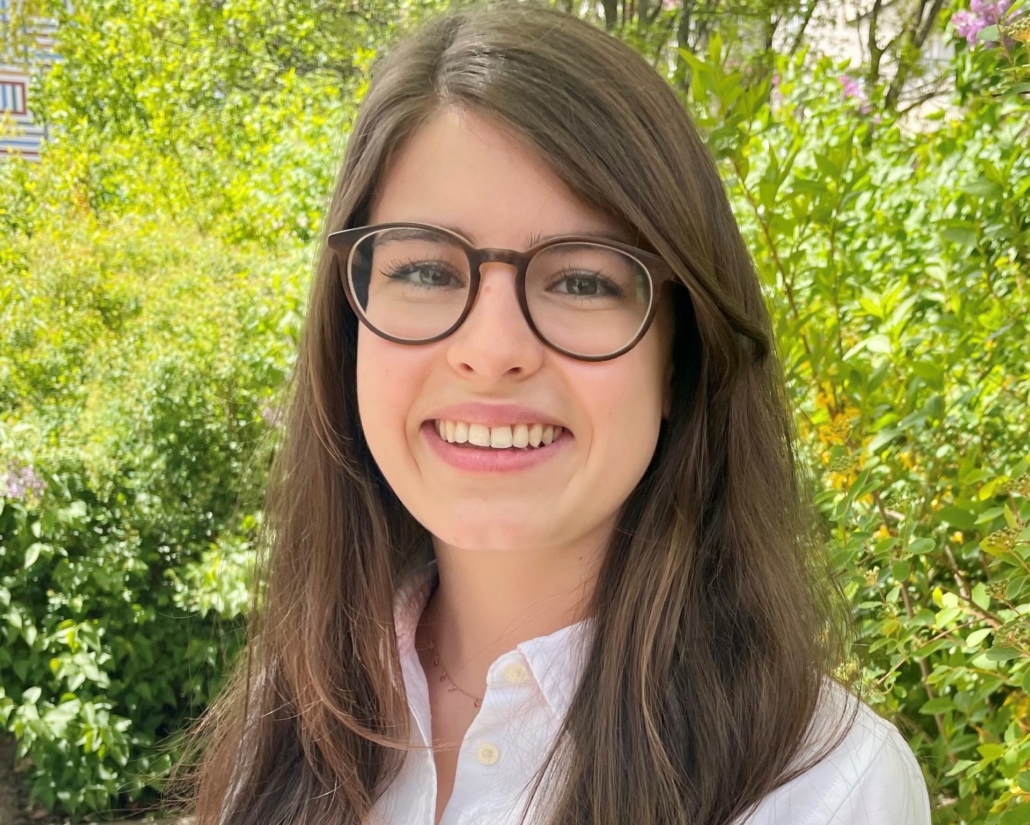Dr. Christina Hainzl is a scientific researcher and head of the Research Lab Democracy and Society in Transition at University for Continuing Education Krems. She co-leads the Austrian Democracy Lab, coordinates the network Political Communication as well as Social Planning studies. Hainzl studied contemporary history, aesthetics and political communication. She enjoyed various research fellowships in New York, Washington DC and Rome. Hainzl received a scholarship from the Fohn Stiftung and the Rockefeller Foundation. Her work focuses on anti-Semitism, extremism, social aspects and political education as well as culture and politics.
Email: christina.hainzl@donau-uni.ac.at
Please find a high-resolution photo here.
Dr. Katrin Praprotnik works as a a post-doctoral researcher at the University of Graz and leads the Austrian Democracy Lab together with Christina Hainzl. She studied political science at the University of Vienna and completed research stays in Paris and Brussels. In her PhD-thesis, she examined the program-to-policy-linkage in a representative democracy – i.e. she looked at electoral pledges from Austrian parties and tested whether government (and opposition) parties were able to fulfill these promises. Before she came to Graz, she was a post-doctoral researcher at the German University of Hamburg and at the Danube University Krems. Her main research interests are the Austrian political system, parties and elections from a European, comparative perspective, and political representation. Praprotnik’s work is published in national and internation political science journals such as the Austrian Journal of Political Science, West European Politics, American Journal of Political Science and Electoral Studies.
Email: katrin.praprotnik@uni-graz.at
Please find a high-resolution photo here.
Dr. Daniela Ingruber is a political scientist, media theorist, democracy and war researcher at University for Continuing Education Krems. In addition, she prepares journalists and NGO staff for work in conflict regions, and is a political and dramaturgic consultant for film projects. From 2012–16 she worked as a guest professor at the UN-mandated University for Peace (UPEACE) in Costa Rica, and later at the HHS in the Netherlands. She facilitates at Austrian as well as international universities. Her central research topics are: democracy, peace and media.
Email: daniela.ingruber@donau-uni.ac.at
Please find a high-resolution photo here.
Dr. Sarah Louise Nash is a political scientist and works as a postdoctoral researcher at University for Continuing Education Krems. She studied Political Science, German, and Human Rights at the Universities of Vienna, Edinburgh, and Glasgow before completing her PhD in Political Science in the Excellence Cluster ‘Integrated Climate Systems Analysis and Prediction’ (CliSAP) at the University of Hamburg. Her PhD focused on international policymaking and discourses on climate change and migration. Her first book ‘Negotiating Migration in the Context of Climate Change’ was published in 2019 with Bristol University Press and was awarded the 2021 Recognition Prize of the Federal State of Lower Austria. Her research focuses on the politics of climate change and migration, especially in Europe, international climate negotiations, framework climate laws, and climate politics in parliamentary systems. Her research is published in international journals such as Global Policy, Environmental Politics, Climate Policy, Nature Climate Change, and Movements.
Email: sarah.nash@donau-uni.ac.at
Please find a high-resolution photo here.
Patricia Oberluggauer, M.A. is a reserach associate at University for Continuing Education Krems. She studied political science at the University of Zürich (B.A.) and the University of Vienna (M.A.). Before she became a member of the Austrian Democracy Lab she was a doctoral candidate at the Department of Government at the University of Vienna. In her doctoral thesis she examines class voting in postindustrial democarcies. Furthermore, her reserach focus lies on political participation and voting behavior of first-time voters. Besides her scientific activities she is a lecturer at the Political Science Department at the University of Vienna.
Isabella Juen, MA, is a research associate at the University of Graz and the Institute for Strategic Analyses (ISA) in Vienna. She studied sociology at the University of Vienna. Her main research focus lies on regional policy and regional development in rural areas as well as education and health.
Nadja Pohorely is a research assistant at the University of Graz and is currently doing the bachelor’s programme in political science as well as in psychology at the University of Vienna. Her interests involve political representation and participation – including electoral research – and the overall concept of the homo politicus.
THANK YOU!
Dr. Marc Grimm was a researcher at the Austrian Democracy Lab at Danube University Krems and at the Center for Prevention and Intervention in Children and Adolescents at Bielefeld University. His research focusses social polarization, youth cultures, antisemitism and possibilities of education against antisemitism.
Dr.in Andrea Tony Hermann was a post-doc research associate at the University of Graz and the Institute for Strategic Analyses. Prior to this, she worked as a research assistant at the University of Natural Resources and Life Sciences, Vienna and at the University of Erlangen-Nuremberg. She completed the diploma program in political science at the University of Erlangen-Nuremberg and at the Andrássy University Budapest. In her PhD thesis she analyzed cultural imprints on science policy arenas and science media interactions in the context of climate policy. Her main research interests lie in analyzing political culture(s), the role of scientific and non-scientific expertise in policy processes and the media, regional policy and regional development in rural areas as well as environmental and climate policy as such. Hermann has published in national and international journals, such as the Austrian Journal of Political Science, the Journal of Environmental Policy and Planning, and Environmental Policy and Governance.
Dr. Flooh Perlot worked at the University of Graz where he was mainly responsible for the survey design and data analysis of the Demokratieradar. He studied political science, history and media studies at the University of Innsbruck and worked at the University of Klagenfurt as well as Danube University Krems. Since 2008 he has also been a member of the scientific staff at the Institute for Strategic Analyses (ISA) in Vienna. His main interests are politics and media, internet and democracy, election research and data visualisation.
Julia Hölzl was a research associate at the Austrian Democracy Lab at University for Continuing Education Krems. She holds degrees in Political Science, History, and Sociology (University of Vienna/Universidad de Granada; Mag.a phil.), Peace Studies (University of Innsbruck/Universitat Jaume I de Castelló; M.A.), Media and Communications (European Graduate School; Ph.D) and Modern Thought (University of Aberdeen; Ph.D). Currently a lecturer at the Vienna Master of Arts in Applied Human Rights at the University of Applied Arts, she has taught and researched on a variety of topics in the social sciences, humanities, and arts at universities in Germany, UK, Hungary, Thailand, Switzerland, and Austria. Simultaneously, she has worked as an academic editor as well as for several cultural events and, since 2018, as Academic Coach.
Viktoria Nutz, BA, worked at the University of Graz as student assistant. She studied social and cultural anthropology and is doing the master’s programme in political science at the University of Vienna. Her main interests are migration- and integration policies as well as political theory on identity and ethnicity.
Anna Matyk worked as a student assistant at Danube University Krems. She studies political science and psychology at the University of Vienna. Her main interests include topics of Austrian domestic politics, election analysis and political participation. Her work focuses on health policy, participation and society.

